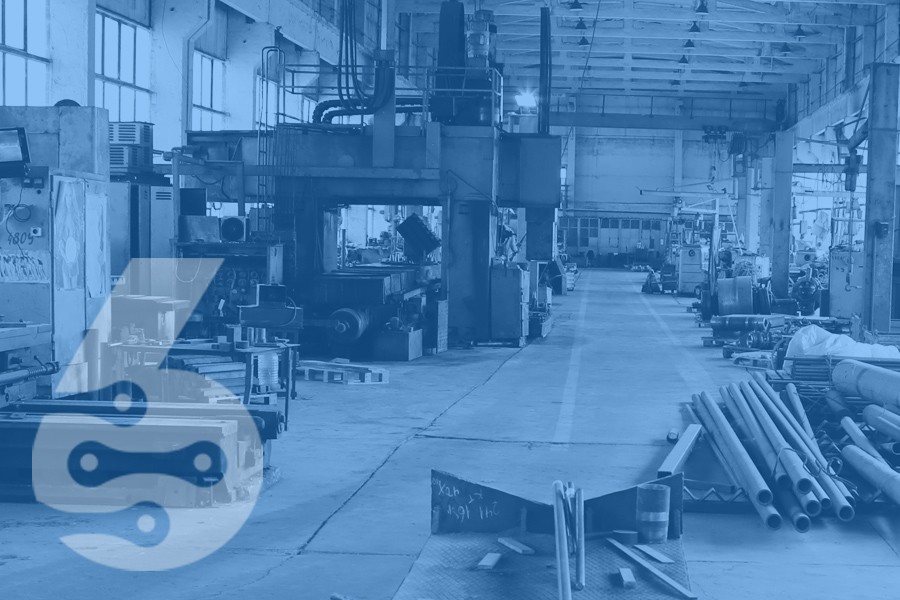Advanced Planning and Scheduling (APS) is a method that balances capacity and materials and provides an optimum schedule for manufacturing. This ensures that production can be completed on time and within budget while meeting customer demand.
APS systems consider all aspects of the manufacturing process, from raw materials to finished products. This allows for more efficient use of resources and can help to avoid bottlenecks and other production problems.
APS can be used in a variety of industries, including food and beverage, chemical, automotive, and electronics manufacturing. It is also suitable for use in other types of businesses, such as construction and service companies.

Related Blog Articles

Implementing ERPs in manufacturing companies - Tips and Considerations
Are you considering implementing an ERP in your manufacturing company? It's a big decision, and there's much to consider. But don't worry - we're here to help. This blog post will share tips and tricks for making the most of your ERP implementation. Whether you're just starting or you've been working with ERPs for years, we hope you'll find these tips helpful. So let's get started!
MTO and MTS in Manufacturing
In manufacturing there are two core ways to plan and run production. The first is Make-to-Order (MTO). The second is Make-to-Stock (MTS). They are not enemies. They are tools for different situations. Some companies lean mostly on one model. Most successful companies combine both and switch between them as demand changes. In many cases parts of a product are made for stock, while the final steps are finished only after...
Managing the Manufacturing Process in ERPs
Enterprise Resource Planning (ERP) systems are integrated software solutions that help businesses manage the vital components of their operations, including product development, Manufacturing, supply chain, shipping and logistics, customer relationship management (CRM), and finance. An ERP system consolidates all of these business functions into a single, comprehensive software solution that can be accessed by authorized users from anywhere in the organization. This centralized access to information and data allows businesses to...Related SIX ERP Features:
Want to see SIX for yourself?
Need help, have questions or want to get a free demo?
Please read our Privacy Policy on how we process personal data. We will never share your data!



